Intel faces $353 million in fees as Tower Semiconductor merger called off
Lack of Chinese regulatory approval terminates $5.4 billion deal

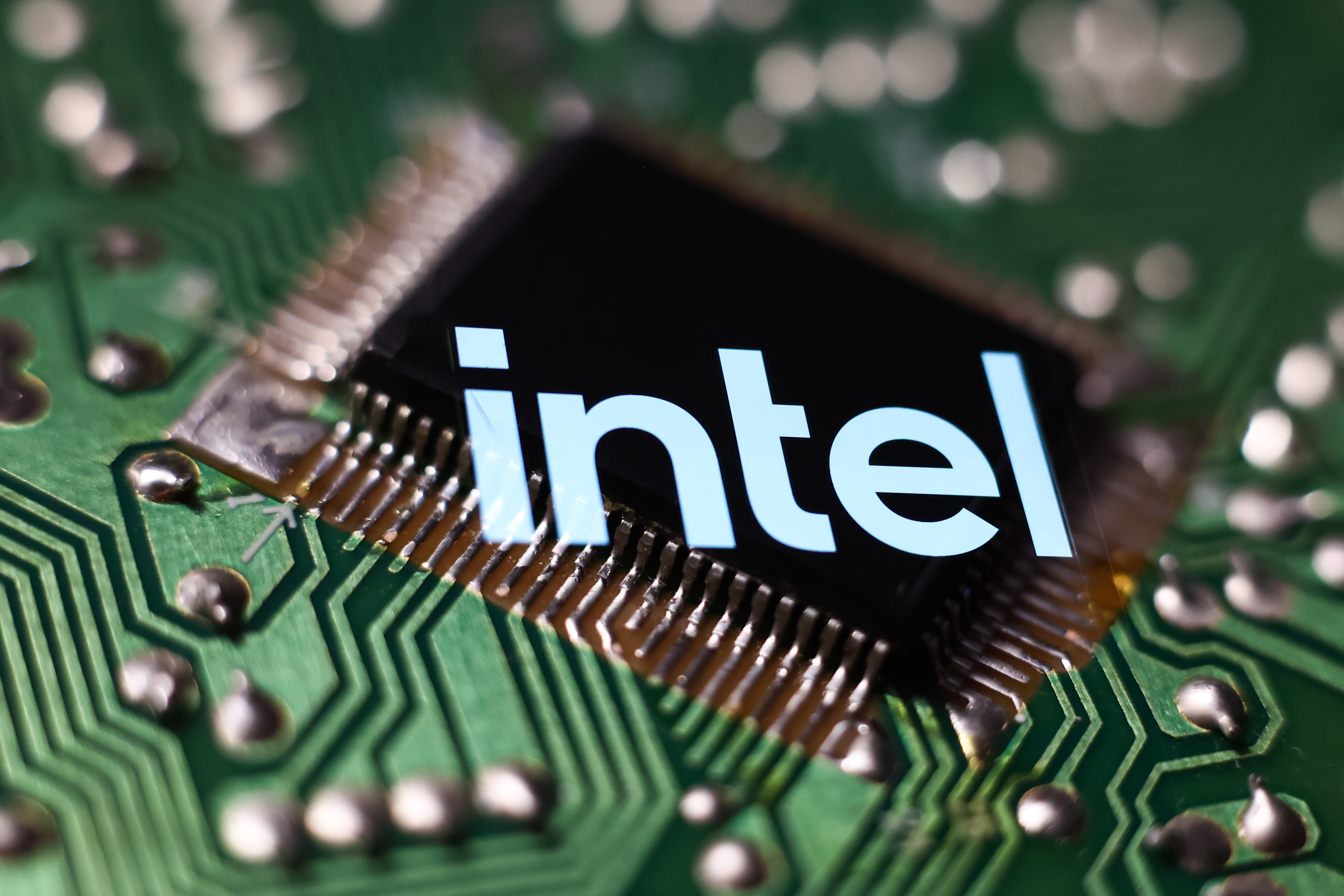
Sign up today and you will receive a free copy of our Future Focus 2025 report - the leading guidance on AI, cybersecurity and other IT challenges as per 700+ senior executives
You are now subscribed
Your newsletter sign-up was successful
The $5.4 billion merger of Intel and Tower Semiconductor has been called off after Chinese regulatory approval was not secured.
The termination will cost Intel $353 million in fees - payable to Tower - and comes as Intel Foundry Services (IFS) has begun gaining customer traction, according to the chipmaker.
The deal was originally announced in February 2022 and formed part of Intel’s $20 billion Integrated Device Manufacturing (IDM) 2.0 vision. However, a lengthy wait for regulatory approval from China has resulted in the deal being called off.
Regulatory approval had already been gained in the US and Europe.
China and the US are currently at loggerheads over semiconductors, and US lawmakers have brought into force strict restrictions over the export of technology to China.
Gaurav Gupta, VP analyst at Gartner, told ITPro that the issues around approval were likely a consequence of the US’ restrictions.
Back in February 2022, when the deal was first announced, Gupta said that the hope was that trade friction between the superpowers would ease somewhat. However, the opposite has turned out to be the case, and this deal has become a high-profile casualty.
Sign up today and you will receive a free copy of our Future Focus 2025 report - the leading guidance on AI, cybersecurity and other IT challenges as per 700+ senior executives
Gupta also warned of a chilling effect across the industry as companies considered their options where approval in China was required.
“This will make companies think before they pursue any other M&A,” he said.
RELATED RESOURCE

Building intelligent, resilient and sustainable supply chains
Learn about the exponential performance that's unlocked when you connect the processes, applications, and data that run the supply chain
“Because they know you don't want to invest 18 to 24 months in a deal and then find out it's not coming through.”
Tower Semiconductor, an Israeli company, thanked all parties for their efforts to secure an agreement.
Russell Ellwanger, CEO at Tower Semiconductor, said: “Tower was very excited to join Intel to enable Pat Gelsinger’s vision for Intel’s foundry business”.
The parties had 18 months in which to complete the deal, and as 15 August 2023 passed with no indication of imminent approval, the companies agreed to terminate the agreement.
Pat Gelsinger, CEO of Intel, paid tribute to Tower Semiconductor before insisting that the company is on-track to “regain transistor performance and power performance leadership by 2025”.
While that 2025 goal is unlikely to be substantially affected by the termination of this deal, Intel may be disappointed that 18 months of negotiations have borne little fruit.
Intel has been focused on leading edge nodes, and the Tower acquisition would have given it access to mature nodes and the customer experience to support them. Mature process nodes produce huge amounts of simple chips that require little in the way of updates and stay in use for decades.
To offer customers a complete service, IFS must support more than just leading edge nodes.
In its most recent earnings figures for Q2 2023, Intel reported a 15% decrease in year-on-year revenue, although it still exceeded the higher end of guidance, according to the company.
While Gelsinger praised the year-on-year growth of the IFS business unit, which amounted to more than 300%, its $232 million performance was still far behind the company’s other units. Mobileye, for example, reported $454 million in revenue for the same period.
Despite the termination of the merger agreement, Intel has been investing in IDM 2.0.
It expects to invest up to $4.6 billion in a new semiconductor assembly and test facility in Wroclaw, Poland, and has also signed a letter of intent with the German Federal Government for the company’s wafer fabrication site in Mageburg, Germany.

Richard Speed is an expert in databases, DevOps and IT regulations and governance. He was previously a Staff Writer for ITPro, CloudPro and ChannelPro, before going freelance. He first joined Future in 2023 having worked as a reporter for The Register. He has also attended numerous domestic and international events, including Microsoft's Build and Ignite conferences and both US and EU KubeCons.
Prior to joining The Register, he spent a number of years working in IT in the pharmaceutical and financial sectors.
-
 Stop treating agentic AI projects like traditional software
Stop treating agentic AI projects like traditional softwareAnalysis Designing and building agents is one thing, but testing and governance is crucial to success
-
 PayPal appoints HP’s Enrique Lores in surprise CEO shake-up
PayPal appoints HP’s Enrique Lores in surprise CEO shake-upNews The veteran tech executive will lead the payments giant into its next growth phase amid mounting industry challenges
-
 Intel to axe 24,000 roles, cancel factory plans in sweeping cost-cutting move
Intel to axe 24,000 roles, cancel factory plans in sweeping cost-cutting moveNews Despite better than expected revenue in its Q2 results, the chip giant is targeting a leaner operation
-
 Intel makes high-level hires while factory workers are warned of layoffs
Intel makes high-level hires while factory workers are warned of layoffsNews The company is appointing four senior executives as part of efforts to refocus on engineering and customer relationships
-
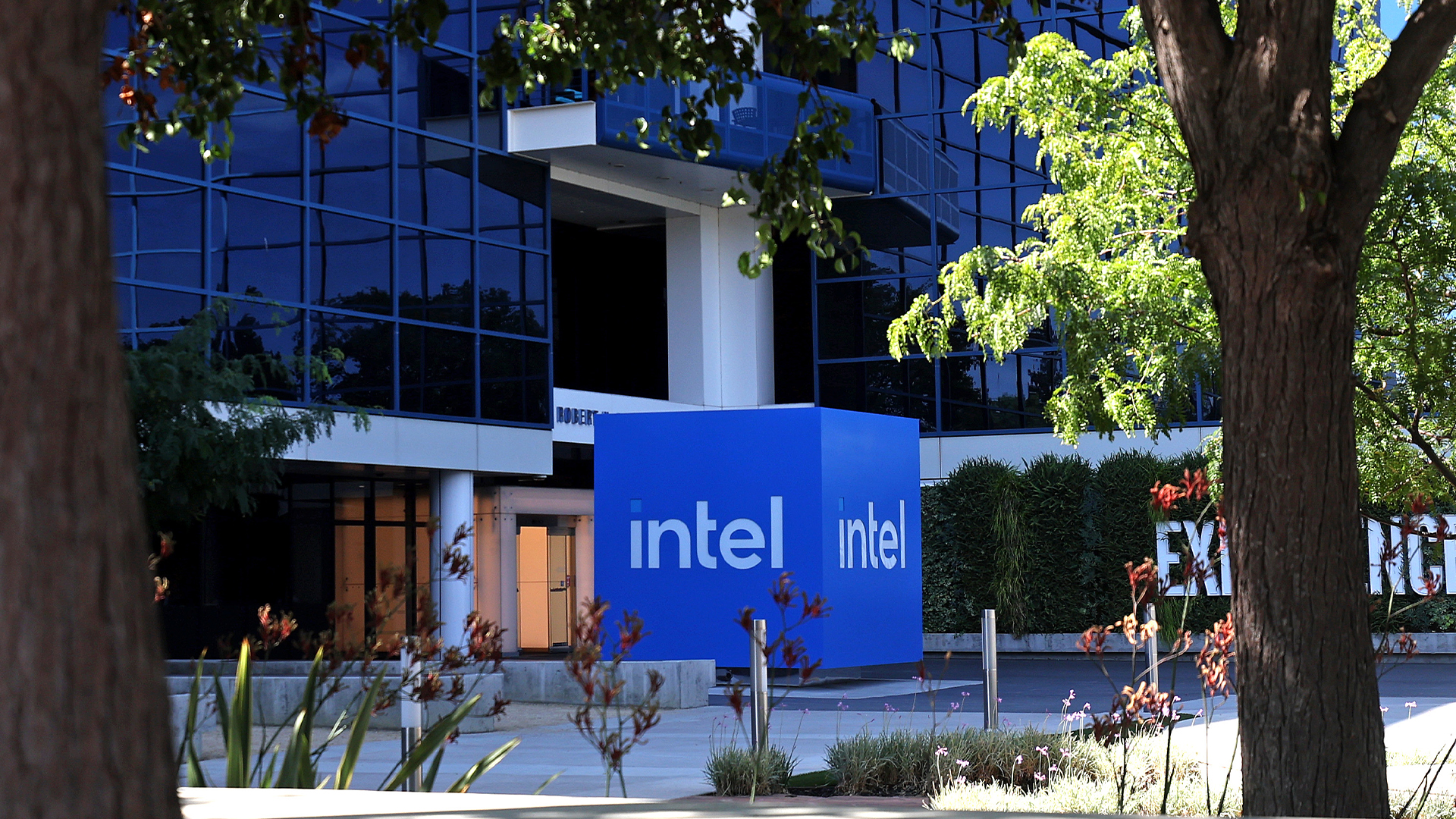 Intel layoffs confirmed as CEO eyes 'sustainable growth'
Intel layoffs confirmed as CEO eyes 'sustainable growth'Intel’s new CEO Lip-Bu Tan has confirmed the company will be cutting its headcount in response to sluggish revenue.
-
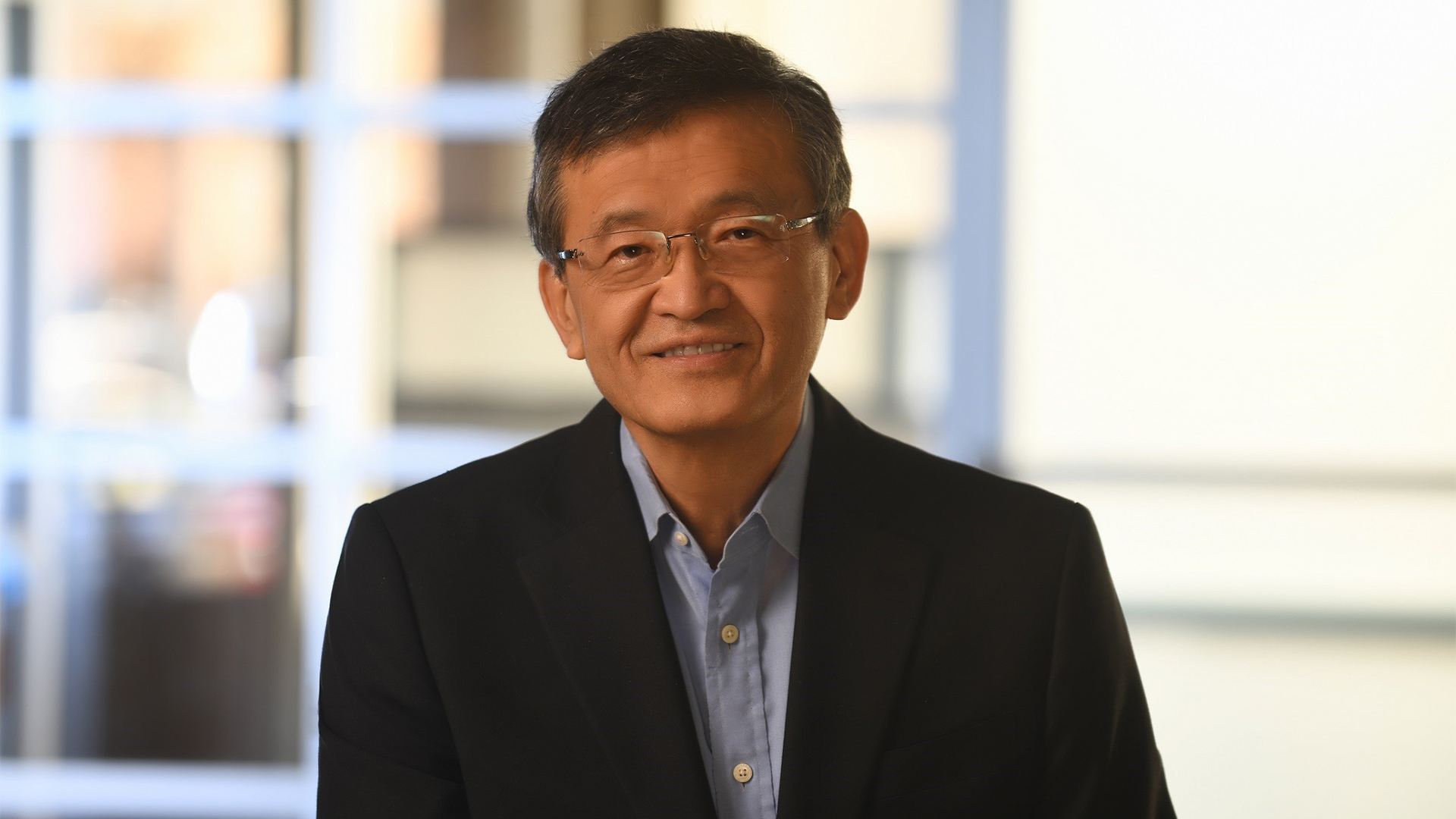 Everything you need to know about Lip-Bu Tan, Intel’s new CEO
Everything you need to know about Lip-Bu Tan, Intel’s new CEONews Intel has announced its next CEO in the wake of Pat Gelsinger's retirement, naming former board member Lip-Bu Tan as its new leader months after he quit.
-
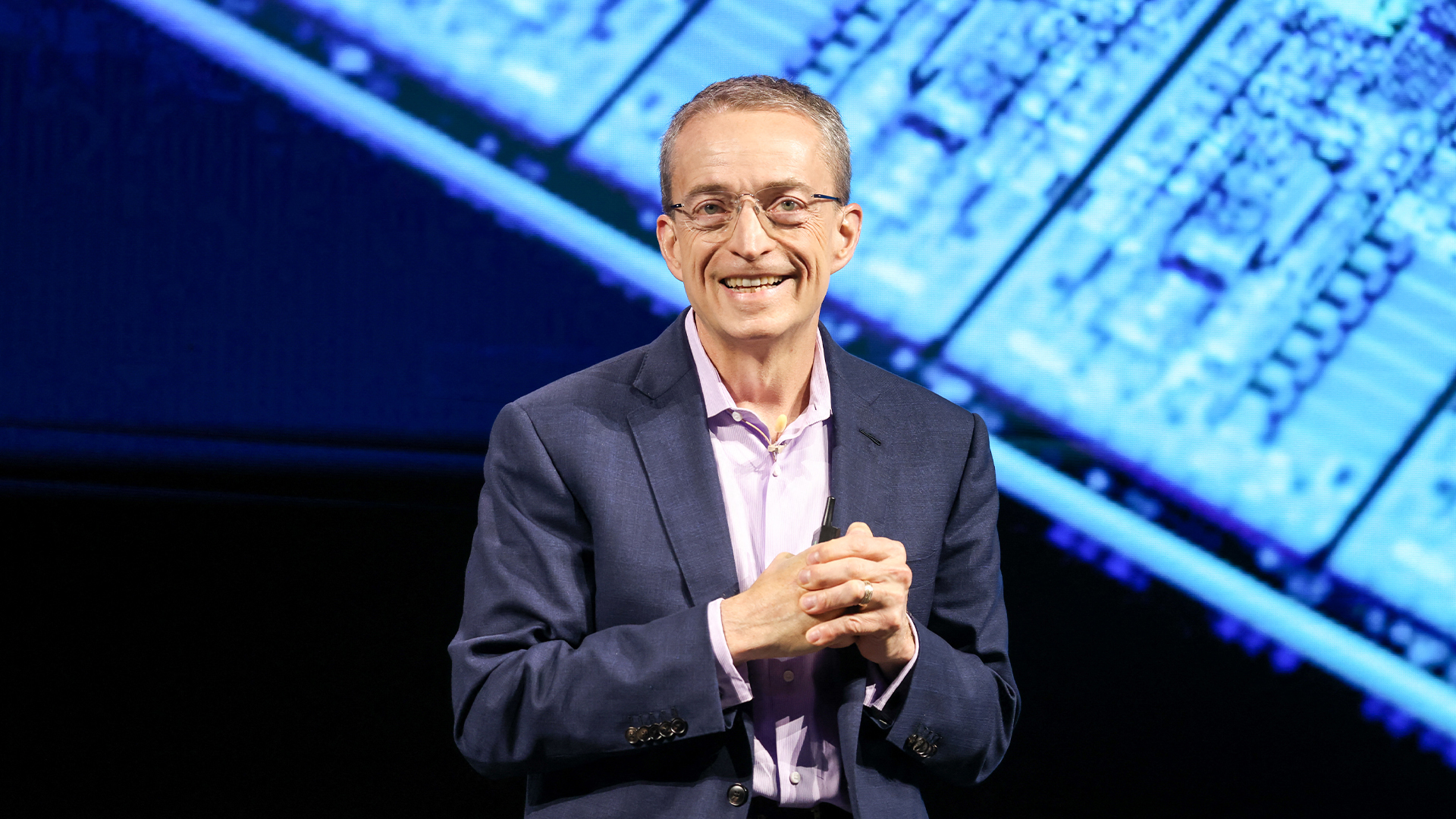 Intel CEO Pat Gelsinger announces retirement
Intel CEO Pat Gelsinger announces retirementNews Gelsinger’s departure comes amid a tumultuous period at Intel
-
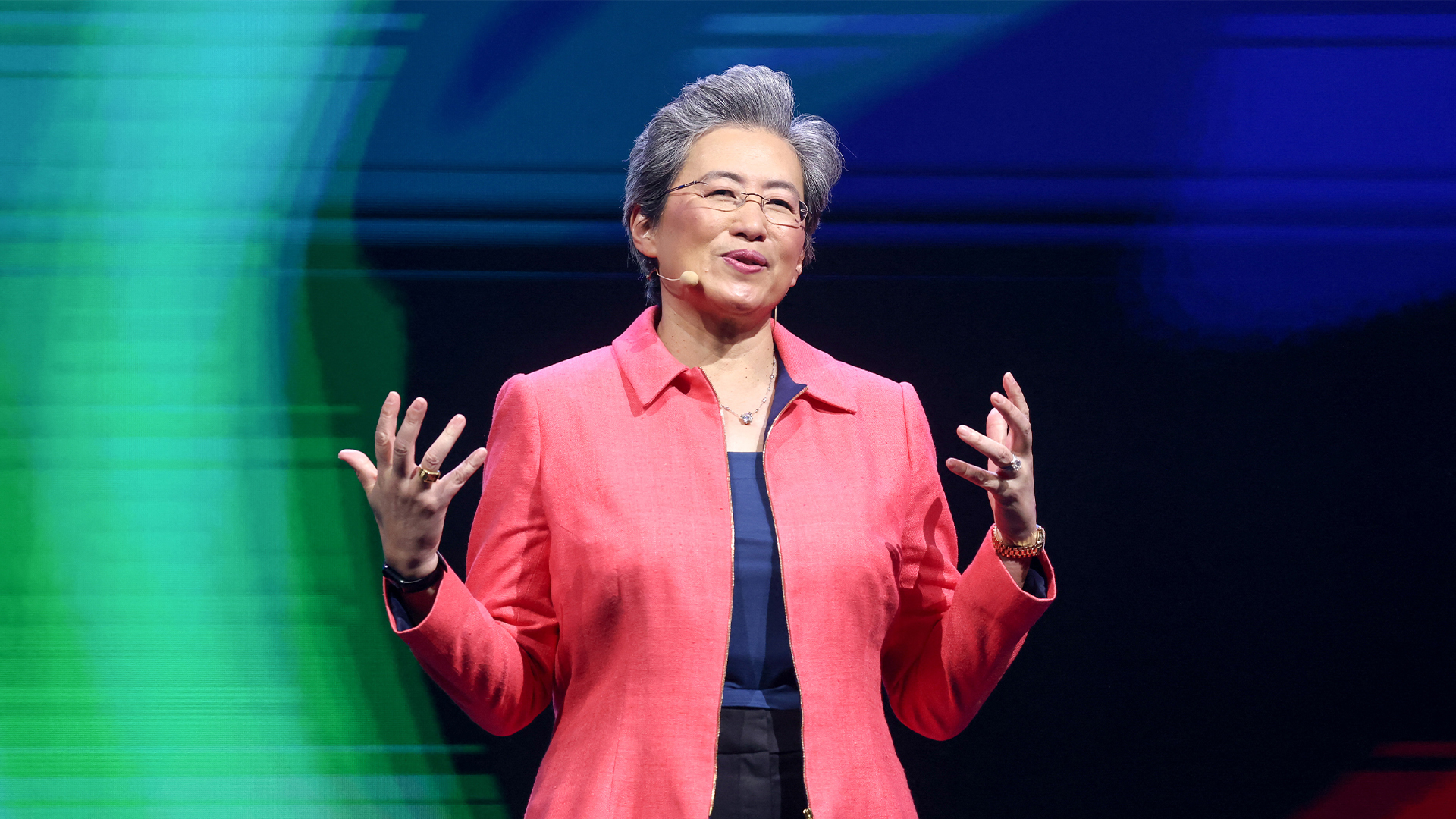 AMD to cut around 1,000 staff to focus on "growth opportunities"
AMD to cut around 1,000 staff to focus on "growth opportunities"News The AMD layoffs come after rival Intel cut staff on the back of flagging AI returns
-
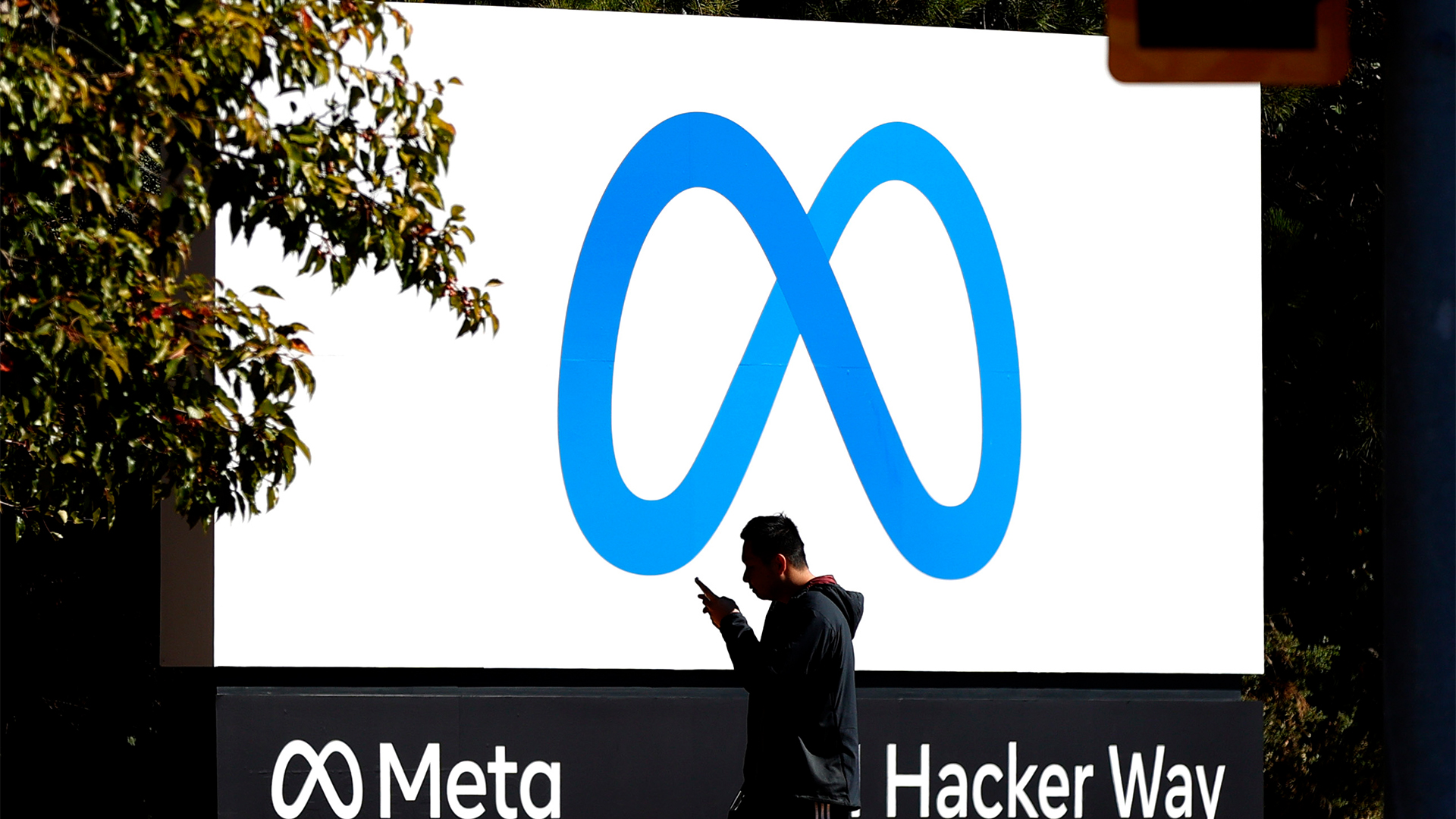 Meta layoffs hit staff at WhatsApp, Instagram, and Reality Labs divisions
Meta layoffs hit staff at WhatsApp, Instagram, and Reality Labs divisionsNews The 'year of efficiency' for Mark Zuckerberg continues as Meta layoffs affect staff in key business units
-
 The power and the pain: Looking forward so you’re not held back
The power and the pain: Looking forward so you’re not held backAvoiding server modernization may seem like a cost-saving strategy, but the hidden risks of downtime, security breaches, and operational inefficiencies can quickly become far more costly…